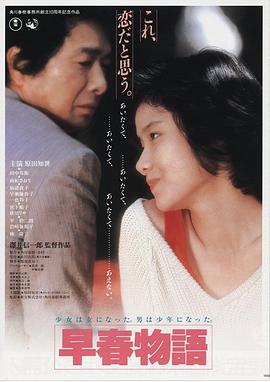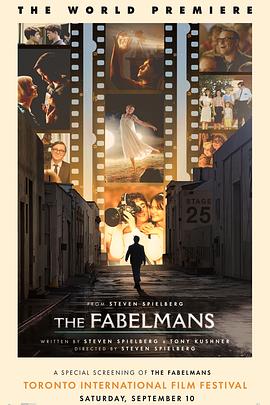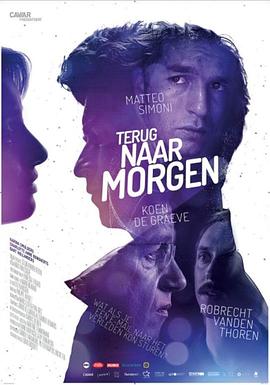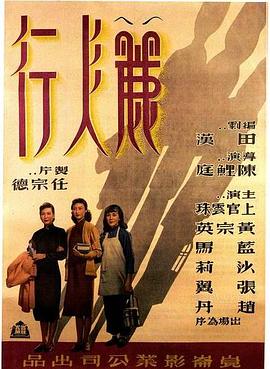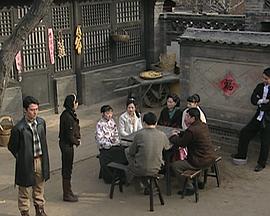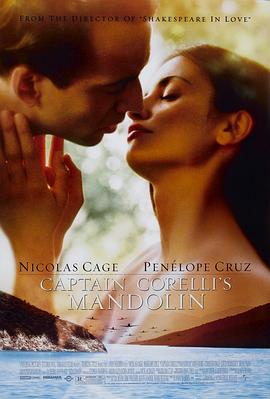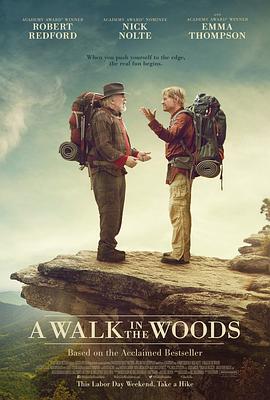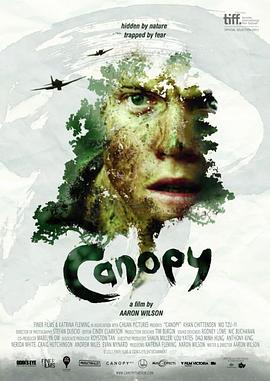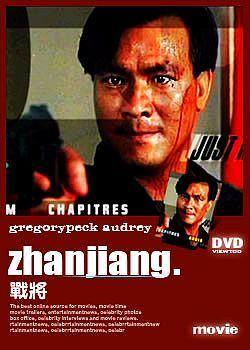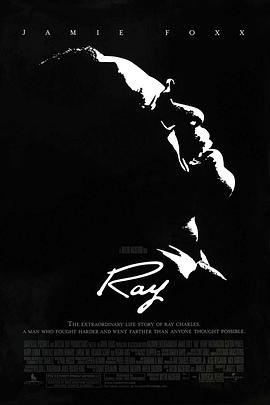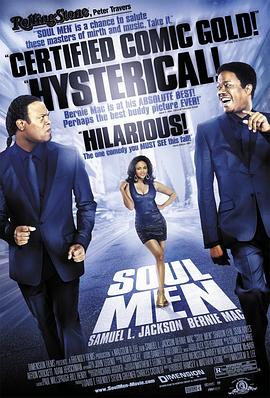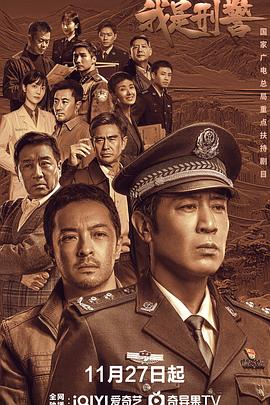- 正在播放《欧洲的某个地方》HD中字 - 暴风资源
- 提醒不要轻易相信视频中的任何广告,谨防上当受骗
- 技巧如遇视频无法播放或加载速度慢,可尝试切换播放节点或者切换解析
- 收藏免费短视频分享大全 - 大中国网址:www.test.cn / www.test.cn ,记得收藏哟~
剧情:
Somewhere in the remote region, the war ends. In the midst of ruined cities and houses in the streets, in rural hamlets, everywhere where people still live, are children who have lost their homes and parents. Abandoned, hungry, and in rags, defenseless and humiliated, they wander through the world. Hunger drives them. Little streams of orphans merge into a river which rushes forward and submerges everything in its path. The children do not know any feeling; they know only the world of their enemies. They fight, steal, struggle for a mouthful of food, and violence is merely a means to get it. A gang led by Cahoun finds a refuge in an abandoned castle and encounters an old composer who has voluntarily retired into solitude from a world of hatred, treason, and crime. How can they find a common ground, how can they become mutual friends The castle becomes their hiding place but possibly it will also be their first home which they may organize and must defend. But even for this, the price will be very high. To this simple story, the journalist, writer, poet, scriptwriter, movie director, and film theoretician Béla Balázs applied many years of experience. He and the director Géza Radványi created a work which opened a new postwar chapter in Hungarian film. Surprisingly, this film has not lost any of its impact over the years, especially on a profound philosophical level. That is to say, it is not merely a movie about war; it is not important in what location and in what period of time it takes place. It is a story outside of time about the joyless fate of children who pay dearly for the cruel war games of adults. At the time it was premiered, the movie was enthusiastically received by the critics. The main roles were taken by streetwise boys of a children's group who created their roles improvisationally in close contact with a few professional actors, and in the children's acting their own fresh experience of war's turmoil appears to be reflected. At the same time, their performance fits admirably into the mosaic of a very complex movie language. Balázs's influence revealed itself, above all, in the introductory sequences an air raid on an amusement park, seen in a montage of dramatic situations evoking the last spasms of war, where, undoubtedly, we discern the influence of classical Soviet cinematography. Shooting, the boy's escape, the locomotive's wheels, the shadows of soldiers with submachine guns, the sound of a whistle—the images are linked together in abrupt sequences in which varying shots and expressive sharp sounds are emphasized. A perfectly planned screenplay avoided all elements of sentimentality, time-worn stereotypes of wronged children, romanticism and cheap simplification. The authors succeeded in bridging the perilous dramatic abyss of the metamorphosis of a children's community. Their telling of the story (the scene of pillaging, the assault on the castle, etc) independently introduced some neorealist elements which, at that time, were being propagated in Italy by De Sica, Rossellini, and other film artists. The rebukes of contemporary critics, who called attention to formalism for its own sake have been forgotten. The masterly art of cameraman Barnabás Hegyi gives vitality to the poetic images. His angle shots of the children, his composition of scenes in the castle interior, are a living document of the times, and underline the atmosphere and the characters of the protagonists. The success of the picture was also enhanced by the musical art of composer Dénes Buday who, in tense situations, inserted the theme of the Marseilaise into the movie's structure, as a motive of community unification, as an expression of friendship and the possibility of understanding. Valahol Europaban is the first significant postwar Hungarian film. It originated in a relaxed atmosphere, replete with joy and euphoria, and it includes these elements in order to demonstrate the strength of humanism, tolerance, and friendship. It represents a general condemnation of war anywhere in the world, in any form.
收起
相关影片
1985
剧情片
日本
已完结
2017
剧情片
大陆
已完结
2022
剧情片
美国
米歇尔·威廉姆斯 保罗·达诺 塞斯·罗根 加布·拉贝尔 马特奥·佐里昂·弗朗西斯·德福特 姬莉·卡斯滕 阿丽娜·布雷斯 茱莉亚·巴特斯 伯迪·博里亚 贾德·赫希 珍妮·柏林 罗宾·巴特利特 萨姆·雷希纳 奥克斯·费格雷 克洛伊·伊斯特 伊莎贝尔·库斯曼 钱德勒·洛韦勒 古斯塔夫·奇洛兹 尼古拉斯·坎图 库珀·达德森 加布里埃尔·贝特曼 斯蒂芬·马修·史密斯 詹姆斯·乌尔班尼亚克 阿莱克斯·奎加诺 卡拉马·爱泼斯坦 康纳·特里内尔 格雷戈·格伦伯格 大卫·林奇 简·霍格 以斯拉·巴兹顿 拉金·坎贝尔 薇拉·
故事松散地基于斯皮尔伯格的人生经历,主要聚焦男主角的成长时期,以及他和父母的关系,其名字不叫史蒂文,但和其一样住在亚利桑那州凤凰城。斯皮尔伯格50年代末到60年代初住在凤凰城,他在面对反犹太主义的
已完结
2022
剧情片
中国香港
HD
2015
剧情片
其它
Charlotte Anne Bongaerts 科恩·德·格雷夫 Bart Hollanders Emma Kristin 马泰欧.席梦尼 卡琳娜·丝穆德 Robrecht Vanden Thoren
What would you do if you could change the past
已完结
1949
剧情片
大陆
已完结
2009
剧情片
大陆
已完结
2017
剧情片
大陆
已完结
2001
剧情片
英国
已完结
2022
剧情片
美国
已完结
2015
剧情片
美国
罗伯特·雷德福 尼克·诺特 艾玛·汤普森 玛丽·斯汀伯根 尼克·奥弗曼 克里斯汀·沙尔 R.基斯·哈里斯 Randall Newsome 海莉·洛维特 林德·爱德华 德里克.克朗茨 Susan McPhail Andrew Vogel 盖亚·怀斯 Tucker Meek
讲述比尔和他的朋友卡茨徒步穿越阿巴拉契亚山径的故事。
已完结
2018
剧情片
大陆
已完结
2013
剧情片
其它
In this engrossing survival thriller set during the Japanese invasion of Singapore in 1942, a stra
已完结
1990
剧情片
香港
已完结
2004
剧情片
美国
已完结
正在热播
更多
2024
国产剧
大陆
独家推荐
于和伟 富大龙 丁勇岱 白凡 马苏 黄曼 刘凯 赵阳 李溪芮 胡明 李泓良 孙浩 郑晓宁 颜世魁 冯国强 杜功海 李宝安 周波 邵兵 李泰 王玉宁 武笑羽 曹卫宇 赵岩松 安冬 要武 曹骏 朱辉 高海鹏 刘恩尚 石文中 刘泊霄 白威 于俭 孙玮 柳明明 孙强 李春嫒 秦旋 王茂蕾 许之糯 常荻 刘喆 王奕盛 潘宏梁 霍政谚 陈子潇 朱义 李田野 崔文静 张旭 梅洋 封新天 林一霆 党伟 刘洁 薛淑洁 薛淑杰
90年代的中昌省河昌市,基层民警秦川凭借自身努力求学深造,终于如愿成为一名刑警。在师父高建设、好友叶茂生壮烈牺牲后,秦川更加坚定了自己捍卫正义,制裁犯罪分子的决心,先后参与侦破多起案件,逐渐成长为
更新至09集

